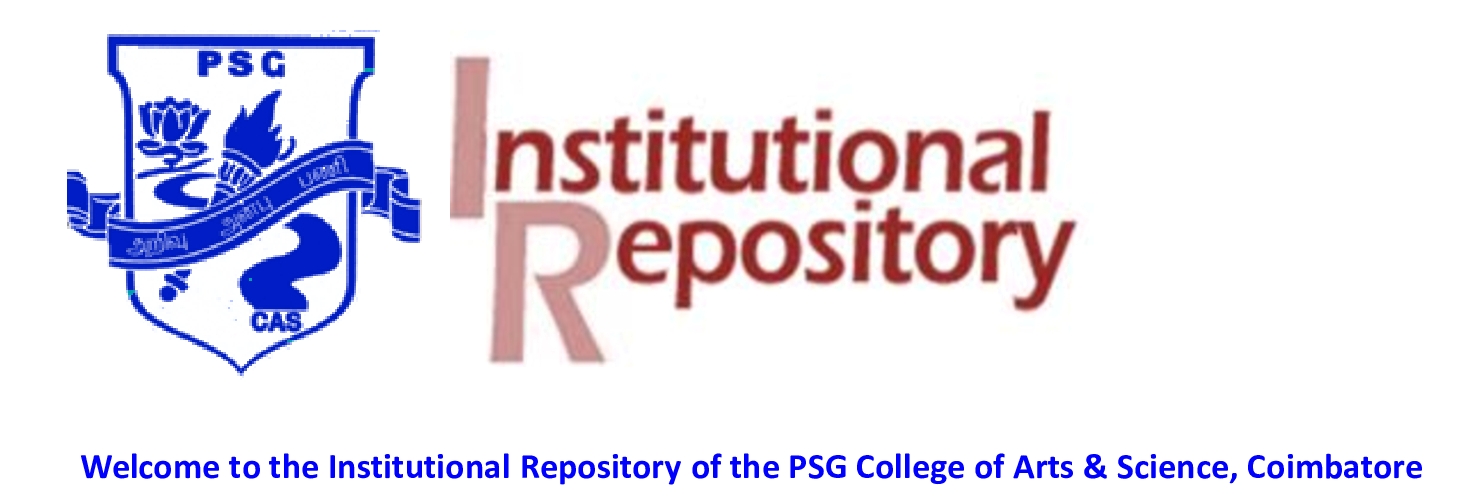Pranava kumar, R and Sripriya, M (2019) ROLE PLAY OF ADVERTISEMENTS IN WOMEN EMPOWERMENT” - A COMPARATIVE CASE STUDY. A s i a n J o u r n a l o f M u l t i d i m e n s i o n a l R e s e a r c h, 8 (1). pp. 328-334. ISSN 2278-4853
Role Play Of Advertisements In Women Empowerment- A Comparative Case Study.pdf - Published Version
Download (711kB)
Abstract
Media is considered to be a most important tool in providing information and creating awareness in the contemporary society. It can reach millions of people all over the world simultaneously at a time. It is rapid in its communication and influences the heterogeneous crowd through mass
communication. As a creator, the role of women in the development of the society is significant and the empowerment of women in society is indispensable for cultural, social and economic empowerment of the society. Media advertisements plays central role in transmitting the
information to the society, especially when it‘s focus is on women. We have witnessed women in various media advertisements being portrayed in manner. And it had created a deleterious effect in the society, especially in rural and unorganized sectors. Amendment to such a scenario could
be done only through women participation and decision-making in society. Recent social awareness videos, illustrates an increased participation of women in decision-making and
promotes a fair and balanced portrayal of women in media, which leads to women empowerment. This is a qualitative comparative case study, predominantly emphasise on women‘s portrayal in new media advertisement. It considers and compares two advertisements on You-tube channel.
The findings strongly strengthen that there is a paradigm shift from the notion that women being portrayed as a sensual product in advertisement are taking a shift as decision makers leading to social empowerment.
| Item Type: | Article |
|---|---|
| Subjects: | |
| Depositing User: | Users 1 not found. |
| Date Deposited: | 10 Dec 2021 05:20 |
| Last Modified: | 10 Dec 2021 05:20 |
| URI: | https://ir.psgcas.ac.in/id/eprint/148 |

